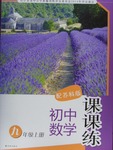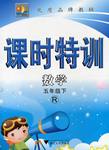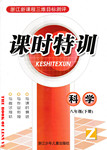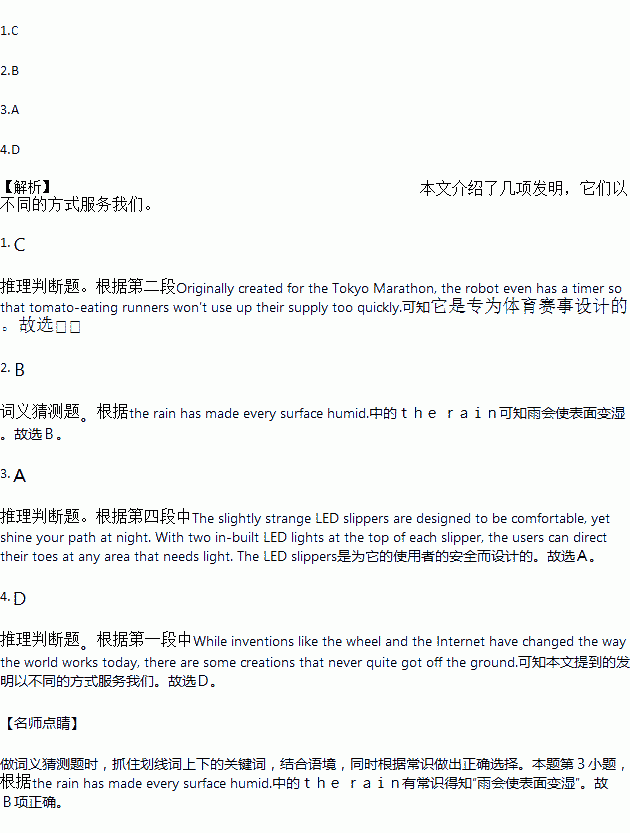题目内容
While inventions like the wheel and the Internet have changed the way the world works today, there are some creations that never quite got off the ground. Let’s look at the strangest inventions from across the globe.
THE TOMATO-FEEDING ROBOT
Japanese juice seller, Kagome, invented a robot that will feed you tomatoes with its long metal arms extended on either side of your face while you run. Originally created for the Tokyo Marathon, the robot even has a timer so that tomato-eating runners won’t use up their supply too quickly.
THE ROLLING BENCH
It’s lunchtime and many people may be looking for a park bench to sit on, but the rain has made every surface humid. This is when the rolling bench comes in. When one side is too wet, a handle on the side can roll up another dry side for better sitting conditions. The inventions come from designer Sung Woo Park, from Seoul in South Korea.
THE LED SLIPPERS(拖鞋)
We all hate hurting our toes in the dark, but a revolutionary footwear design can prevent this from happening again. The slightly strange LED slippers are designed to be comfortable, yet shine your path at night. With two in-built LED lights at the top of each slipper, the users can direct their toes at any area that needs light.
THE FOOT-POWERED BICYCLE
It’s the unusual invention of German designers Tom Hambrock and Juri Spetter. Besides an unusual appearance, its function is also slightly strange, as the user must run to get the bicycle moving. As soon as the riders have enough momentum(动力), they’re able to rest their feet on the back wheel and use the handlebars to control its direction.
1.What can we know about the tomato-feeding robot from the text?
A. It’s popular with lazy eaters.
B. It was the creation of a Korean.
C. It was designed for a sports event.
D. It has two plastic arms.
2.Which of the following can replace the underlined word “humid” in the text?
A. Dirty. B. Wet.
C. Unsafe. D. Uncomfortable.
3.Which invention was designed for its users’ safety?[
A. The LED slippers.
B. The rolling bench.
C. The foot-powered bicycle.
D. The tomato-feeding robot.
4.What can we infer about the inventions mentioned in the text?
A. They bring us speed improvement.
B. Their inventors are all from Asia.
C. They are powered by electricity.
D. They can serve us in different ways.
 课课练江苏系列答案
课课练江苏系列答案 名牌中学课时作业系列答案
名牌中学课时作业系列答案 明天教育课时特训系列答案
明天教育课时特训系列答案 浙江新课程三维目标测评课时特训系列答案
浙江新课程三维目标测评课时特训系列答案

 it easy.
it easy. ght. And I wouldn’t have then, only I sent up this cotton waste and oil from the engine-room this afternoon for a girl upstairs who had her hand burned with a smoothing-iron. I’ve been firing the engine in that laundry for the last few weeks.”
ght. And I wouldn’t have then, only I sent up this cotton waste and oil from the engine-room this afternoon for a girl upstairs who had her hand burned with a smoothing-iron. I’ve been firing the engine in that laundry for the last few weeks.”